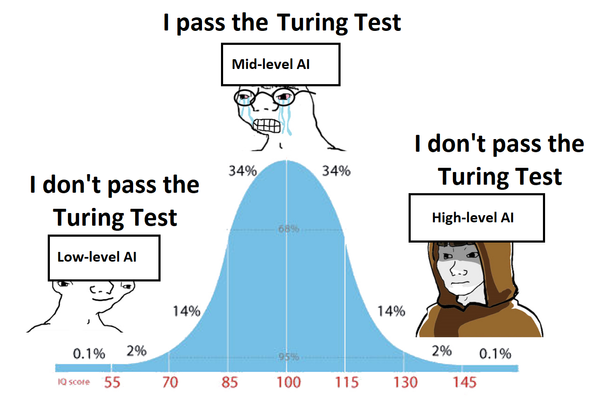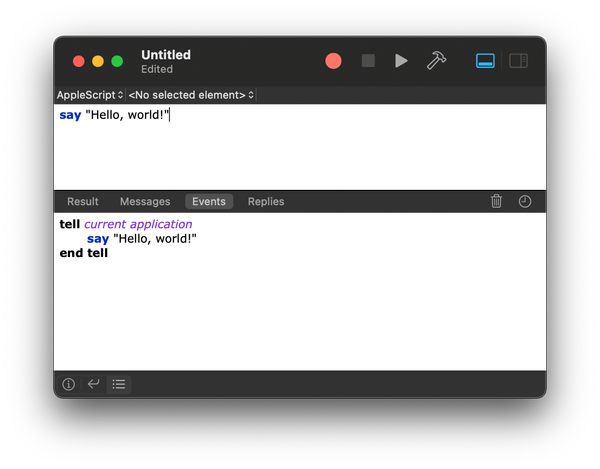Automating Contract Review: How AI is Revolutionising Legal Document Analysis
Contract review is a critical and time-consuming task in the legal profession. The increasing volume of contracts and the need for accurate and efficient analysis have led to the adoption of Artificial Intelligence (AI) in legal document analysis.

Introduction
Contract review is a critical and time-consuming task in the legal profession. The increasing volume of contracts and the need for accurate and efficient analysis have led to the adoption of Artificial Intelligence (AI) in legal document analysis. AI-powered contract review tools leverage machine learning algorithms and natural language processing to automate and streamline the contract review process. In this article, we will explore how AI is revolutionising legal document analysis by automating contract review tasks.
The Challenges of Contract Review
Contract review involves analysing and extracting key information from legal documents, such as clauses, terms and obligations. Traditionally, this process has been manual and labor-intensive, requiring lawyers to read through lengthy documents, identify relevant provisions and assess their implications. However, this approach is time-consuming, prone to human error and inefficient for handling large volumes of contracts.
The Role of AI in Contract Review
AI technologies, such as machine learning and natural language processing, have the potential to transform contract review by automating various tasks and improving efficiency and accuracy. Here are some key ways AI is revolutionising legal document analysis:
1. Contract Extraction and Data Capture
AI-powered contract review tools can automatically extract key information from contracts, such as parties involved, effective dates, termination clauses and payment terms. These tools use natural language processing algorithms to identify and capture relevant data, reducing the need for manual data entry and improving accuracy.
2. Clause Analysis and Comparison
AI algorithms can analyse and compare contract clauses to identify similarities, differences and potential risks. By leveraging machine learning, these tools can learn from past contract reviews and provide insights into common clauses, industry standards and potential issues. This helps lawyers quickly identify potential risks and deviations from standard clauses.
3. Risk Assessment and Due Diligence
AI-powered contract review tools can assess the risk associated with specific contractual provisions. By analysing historical contract data and patterns, these tools can identify potential risks, such as non-compliance with regulatory requirements or unfavorable terms. This enables lawyers to prioritise their review efforts and focus on high-risk areas.
4. Language and Sentiment Analysis
AI algorithms can analyse the language and sentiment of contract clauses to identify potential ambiguities, contradictions, or biased language. This helps lawyers ensure clarity and consistency in contract terms and reduces the risk of misinterpretation or disputes.
5. Contract Analytics and Insights
AI-powered contract review tools can provide analytics and insights based on large volumes of contract data. By analysing patterns, trends and historical data, these tools can identify negotiation strategies, benchmark contract terms and provide recommendations for improved contract drafting and negotiation.
Benefits of AI in Contract Review
The adoption of AI in contract review offers several benefits:
1. Time and Cost Savings
AI-powered contract review tools significantly reduce the time and effort required for manual contract analysis. Lawyers can focus on higher-value tasks, such as negotiation and strategy, while AI handles the repetitive and time-consuming aspects of contract review. This leads to cost savings and increased efficiency in legal operations.
2. Improved Accuracy and Consistency
AI algorithms are capable of analysing large volumes of contracts with a high degree of accuracy and consistency. They can identify potential errors, inconsistencies and missing clauses more effectively than manual review, reducing the risk of oversight and improving the quality of contract analysis.
3. Enhanced Risk Management
AI-powered contract review tools can identify potential risks and deviations from standard clauses, enabling lawyers to proactively address and mitigate risks. This improves risk management and helps organisations make informed decisions based on comprehensive contract analysis.
4. Scalability and Adaptability
AI tools can handle large volumes of contracts, making them highly scalable and adaptable to changing business needs. As contract volumes increase, AI can efficiently process and analyse contracts without compromising accuracy or speed.
Challenges and Considerations
While AI offers significant benefits in contract review, there are challenges and considerations that need to be addressed:
1. Data Quality and Training
AI algorithms require high-quality training data to perform effectively. Ensuring the accuracy and relevance of training data is crucial for AI-powered contract review tools to deliver accurate and reliable results.
2. Interpretation and Contextual Understanding
AI algorithms may struggle with nuanced interpretations, ambiguity and context-specific reasoning. Human expertise and legal judgment are still essential for accurate legal analysis and decision-making.
3. Ethical and Privacy Considerations
AI-powered contract review tools may handle sensitive legal information. Protecting client confidentiality, maintaining data privacy and complying with legal and ethical standards are critical considerations in the development and use of AI tools in contract review.
4. User Adoption and Integration
Integrating AI-powered contract review tools into existing legal workflows and ensuring user adoption can be challenging. Lawyers and legal professionals may require training and support to effectively use AI tools and organisations must invest in change management strategies to encourage acceptance and adoption of AI in contract review processes.
Conclusion
AI is revolutionising the field of legal document analysis, particularly in contract review. By automating various tasks, AI-powered contract review tools enhance efficiency, accuracy and risk management in legal operations. However, challenges such as data quality, interpretation, ethics and user adoption must be carefully addressed. As AI technologies continue to advance, the integration of AI in contract review processes will become increasingly vital for legal professionals, enabling them to focus on higher-value tasks and make more informed decisions based on comprehensive and accurate contract analysis.



